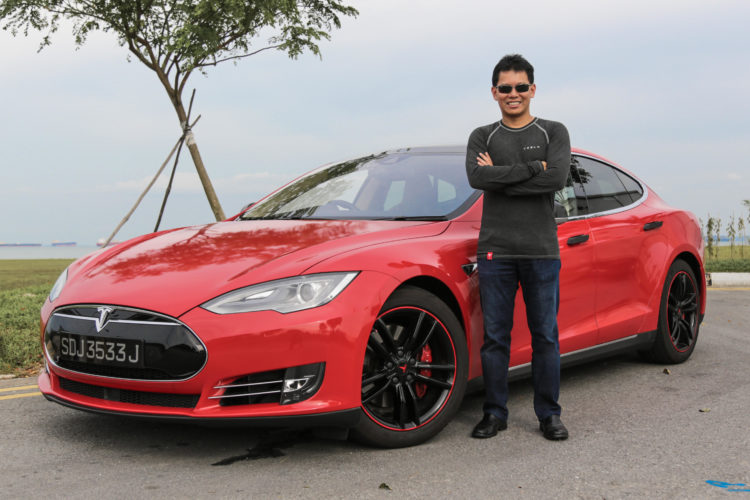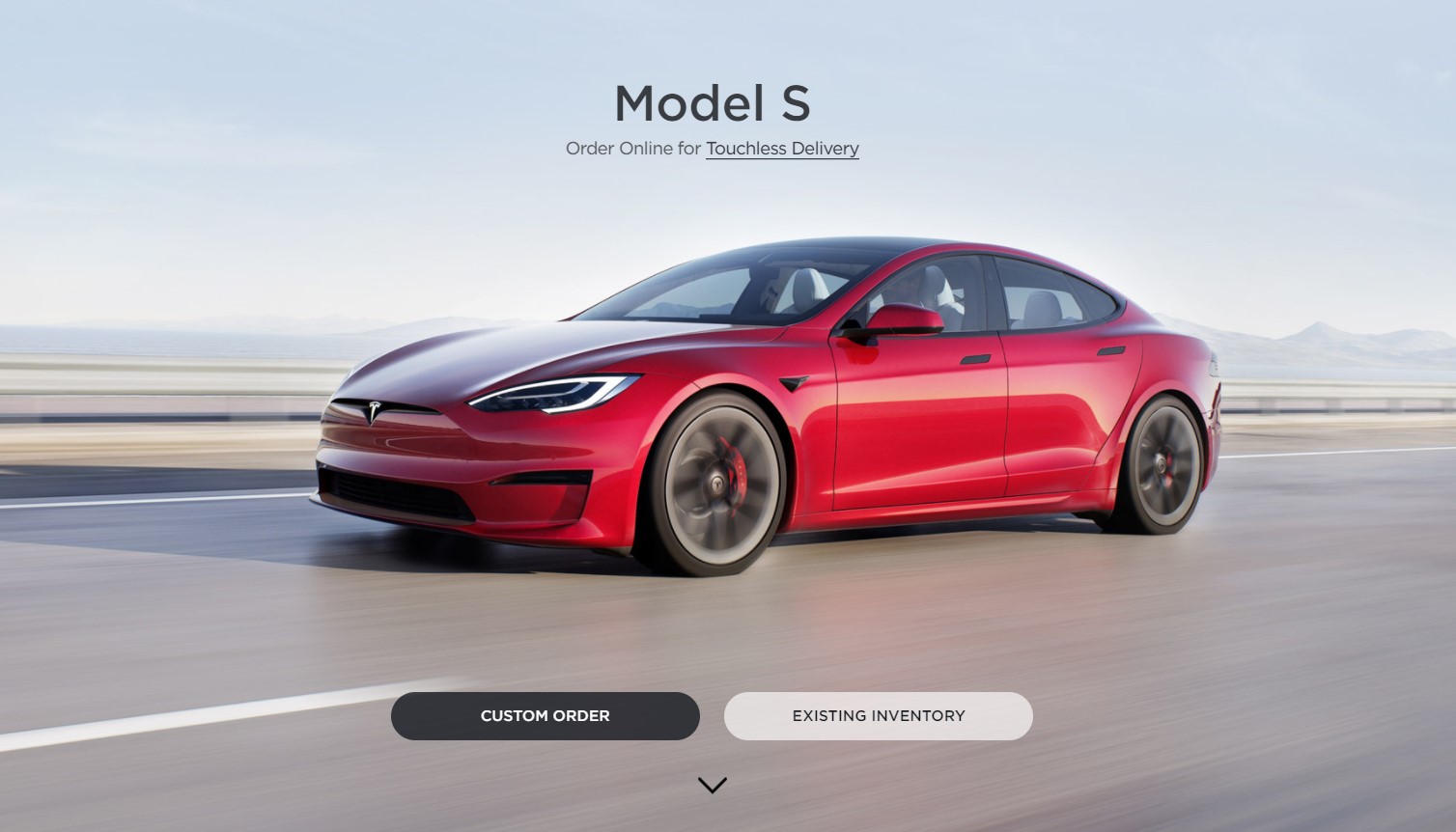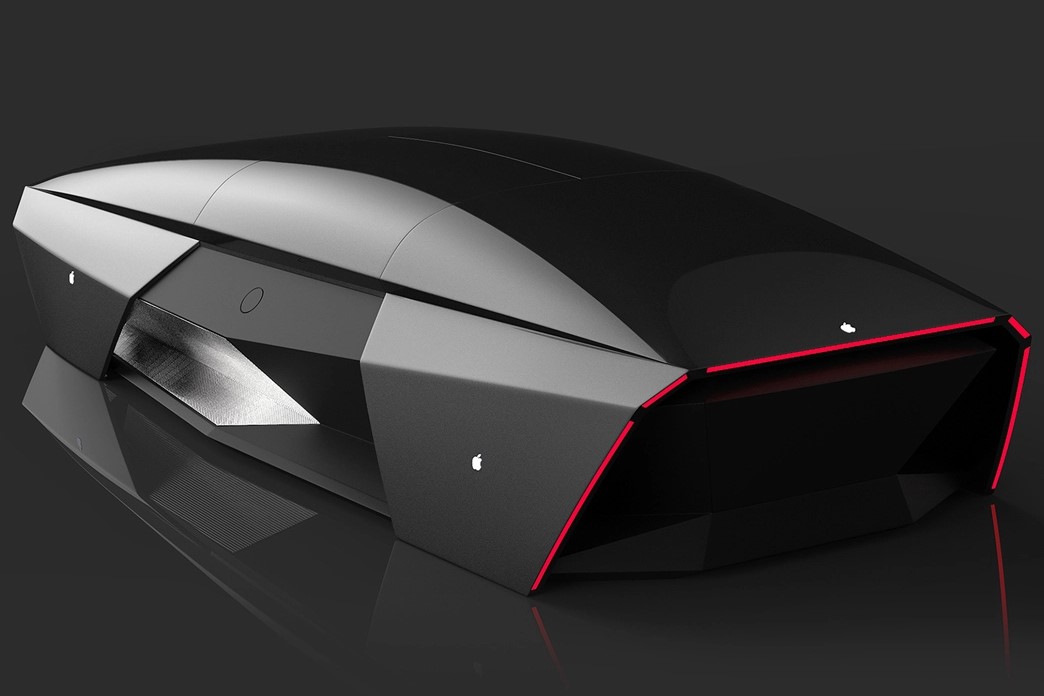Rev me up!
The journey to car ownership in Singapore is often a challenging one, fraught with financial hurdles and complex considerations. Indeed, it’s often comparable to buying a house – even the cost sometimes isn’t all that different. With the limited physical space of Singapore, regulations on roads and vehicles have always been strict. This has also worked towards curbing pollution and the overall carbon footprint of the Singaporean highway. Times, however, are about to change.
Following much global anticipation, Tesla Inc.’s supposedly groundbreaking electric cars will finally be debuting on the roads of the island-city. While many have long anticipated the option of switching to these battery electric vehicles (BEVs), it is not without difficulty that Singaporean motorists will soon be able to benefit from clean energy driving options.
Maybe you’ve even seen one in Singapore
Having launched their first model in 2008 with the Tesla Roadster, the BEV producers set their sights on Singapore in 2016 only for a private importer to be hit with a S$15,000 fine due to the Model S being determined to cause more pollution than a gasoline-powered car of similar size. While the last five years have not seen Tesla’s return to Singapore, the governments progressively widening views on BEVs has convinced the industry leaders to reprise their efforts of penetrating the local market. At this point, only slightly more than 40 Tesla vehicles are on Singaporean roads, all of which have been imported privately.

These privately imported motor vehicles are rigorously tested for eligibility of use on Singaporean roads. Conducted by the Land Transport Authority, these tests are in accordance with the United Nations Economic Commission for Europe (UNECE) R101 standards.
So which Teslas are we getting, and for how much?
Leading the charge is 2018’s Model 3 which has also been touted as the world’s best selling plug-in electric car for that year. Not only will the Model 3 mark the introduction of Tesla to the mass market here, but it is also expected to be available for as low as S$145,000, cheaper than the current cost of a Toyota Camry.

The Straits Times reports the estimated evaluation as having been derived from the Model 3’s open market value (the pre-tax cost of the vehicle) of S$44,000 for the Model 3 Standard Range and S$62,000 for the Model 3 Performance. Once registration fees, excise duty, goods and services tax, certificate of entitlement, road tax for the first year, and distributor profit margins are taken into account, the estimated cost ranges between S$145,000 and S$215,000 respectively. And yet, the Teslas coming to Singapore cost more than twice what they do in the US.
To further support this greener option, the government will be rolling out an early adoption incentive scheme, offering a 45 per cent rebate on the car’s Additional Registration Fee (ARF, the main car tax), capped at S$20,000 per vehicle. This will also be accompanied by an increase in charge points across the island. With this service currently being offered primarily by SP Group and Greenlots, a select few private services, including petroleum companies such as Shell also put up charge points for electric vehicles.
Charging has long been a point of consternation for BEV owners. With normal wall sockets not necessarily equipped to service BEVs, the shortage of commonly found charge points is still cited as a deterrent for motorists from switching to clean energy options over their current vehicle. But things may be set for change over the next few years.
At present, there are only 1,600 public charging points available for electric cars in Singapore, with each station being able to charge only one car at a time. While the majority of them run on AC, BEV owners currently head to Shell Recharge stations to have their cars charged from 0% to 80% in as quickly as 30 minutes. But we will see an increase in the number of charging points soon.
Local firm Charge+ has plans to install 10,000 charging points by 2030. And that’s not even the half of it! Authorities are also aiming to install 60,000 charging points (up from the initial 28,000) by 2030, with help from the private sector. It’s no surprise that a large number of charging stations will be set up the government, which aims phase out all vehicles that use carbon-based fuel by 2040.
It sounds ideal but how much money will you save with the switch to electric vehicle?
According to SingSaver, the amount that you save won’t just be “chump change”. Apart from the massive savings you’ll get to enjoy from government rebates on the purchase itself, you’ll also get one of the major financial benefits of having an electric car: energy saving! And, well, energy costs us money.
SingSaver’s calculations went by the assumptions of the average annual distance driven per car being 17,500km, the average petrol price per litre being S$2, and the energy tariff rate being 22.21 cents per kWh. The website pit the Hyundai Ioniq Electric against the Hyundai Avante, and found that the EV car saves S$1,890.25 a year in energy costs.
And beyond that, we can’t put a price on the earth’s climate recovering from years of irresponsible emissions from our vehicles. The government will also provide added incentives when you switch to electric vehicles. As part of the inter-ministerial Singapore Green Plan 2030, bigger rebates under the Vehicular Emissions Scheme and the Electric Vehicle Early Adoption Incentive can net you as much as S$45,000 in tax breaks. Road taxes will also be revised for electric vehicle ownership.
The future? We’re living it. Hello, Teslas and self-driving Apple Cars.
With the arrival of Tesla, the floodgates for the import of BEVs have seemingly opened. Hot on the tail of Tesla’s latest and greatest will be the Apple Car. Pushing boundaries beyond clean energy, the Apple Car is also purported to be self-driving, suitably propelling the motor vehicular industry, motorists, and passengers into the future when it releases in 2024 or 2025.

The Apple Car is expected to be absent of a driver’s seat, and may even lack any prominent driving controls or facility, encouraging users to rely on its self-driving feature. The vehicle of the future is currently in development by Apple, and is undergoing a search for a manufacturer after Apple’s talks with Hyundai and Kia did not follow through. Now, analysts deem BMW or Magna to be potential contenders.
Although the Apple Car will almost certainly be perceived as a direct competitor with Tesla’s still globalising product line, the simultaneous effort guarantees an increase in presence of BEVs, in turn encouraging the proliferation of services suited to supporting the growing BEV market.
Join the conversations on THG’s Facebook and Instagram, and get the latest updates via Telegram.












